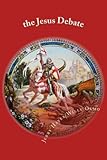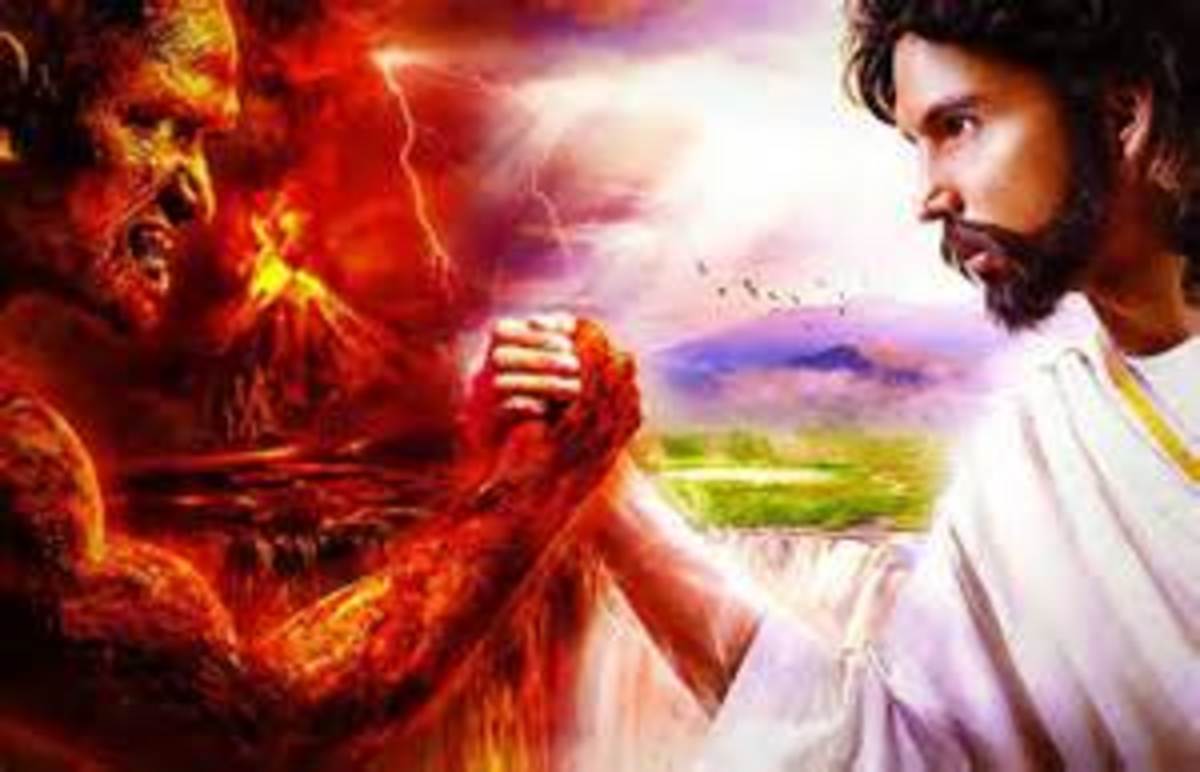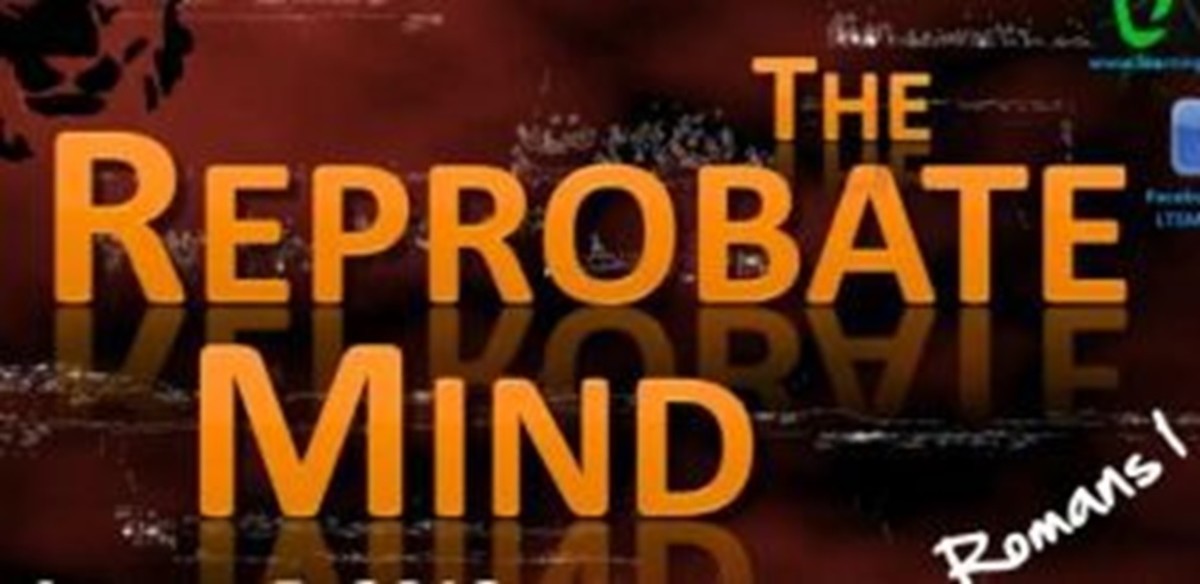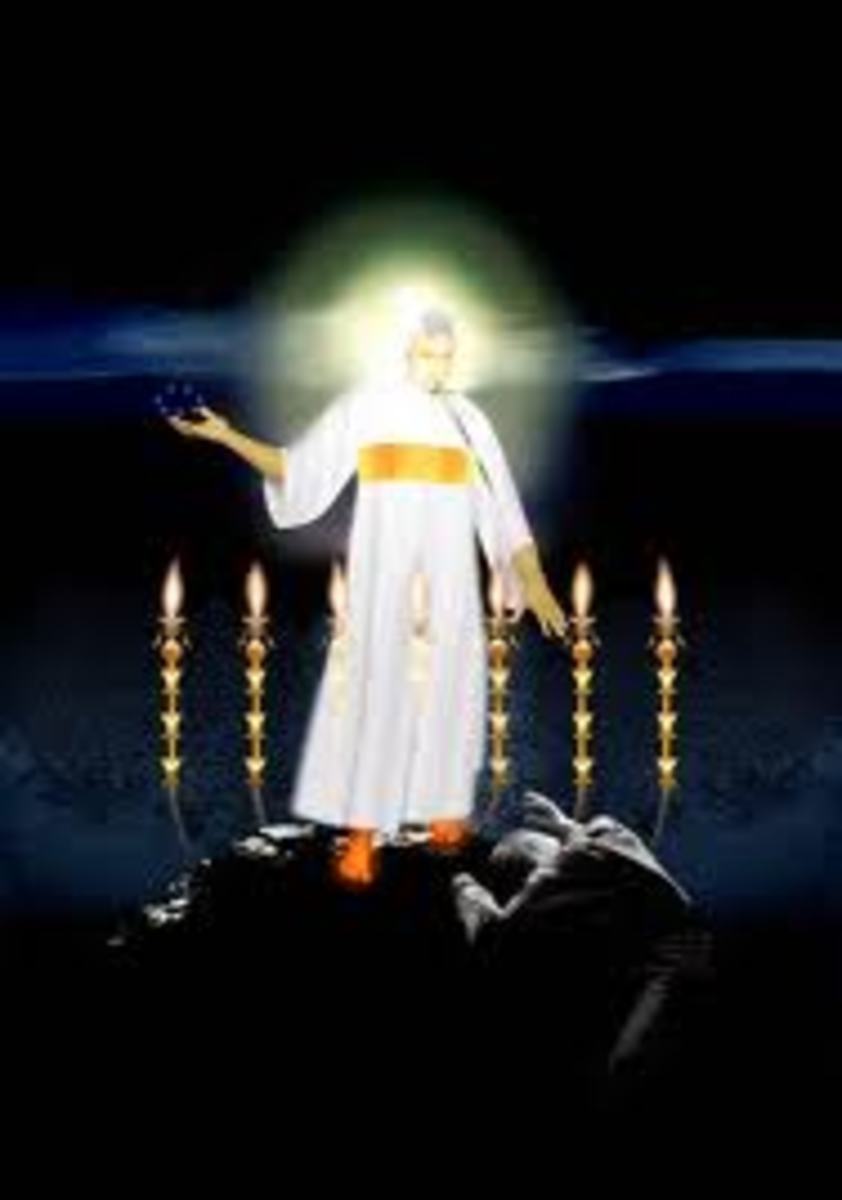Melchizedek and Elohim
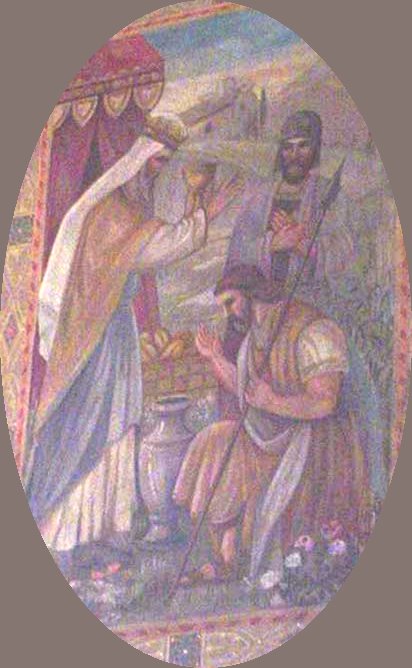
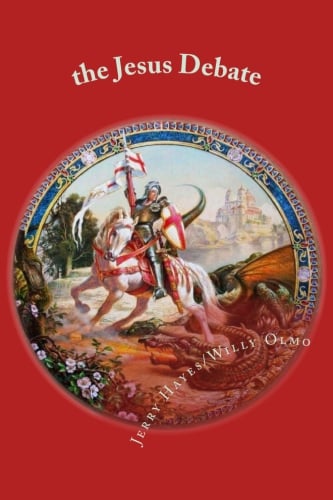
Who Was Melchizedek?
The first available document, exterior to the holy Scripture, that has Modalistic significance is a fragment dated from AD 50, that was found in the Qumran caves. It designates Melchizedek as Elohim.
The document is labeled 11Q13 and reads: 11QMelch—
"...[And it will be proclaimed at] the end of days concerning the captives as [He said, To proclaim liberty to the captives (Isa. 61.l). Its interpretation is that He] will assign them to the Sons of Heaven and to the inheritance of Melchizedek; f[or He will cast] their 5 [lot] amid the po[rtions of Melchize]dek, who will return them there and will proclaim to them will proclaim to them liberty, forgiving them [the wrong-doings] of all their iniquities. And the Day of Atonement is the e[nd of the] tenth [Ju]bilee, when all the Sons of [Light] and the men of the lot of Mel[chi]zedek will be atoned for. [And] a statute concerns them [to prov]ide them with their rewards. For this is the moment of the Year of Grace for Melchizedek. [And h]e will, by his strength, judge the holy ones of God, executing judgement as it is written concerning him in the Songs of David, who said, ELOHIM has taken his place in the divine council; in the midst of the gods he holds judgement [Ps 82:1]. ... And Melchizedek will avenge the vengeance of the judgements of God... and he will drag [them from the hand of] Belial."
In Psalms 45:6-7 the psalmist looks far to the future and views the dual natures of Christ, as a man might stand in a plain, and view two great mountains in the far distance. The two great mountains stand one in the front of the other, and one, a little to one side; the peaks of both mountains clearly visible—one taller that the other. The man in the plain does not see, cannot tell, that the two mountains are not one, so he speaks of both peaks as of one mountain. So does the psalmist speak of Jesus Christ. Two natures are in view: verse 6, the God nature; verse 7, the Man nature. The point is made, however, in verse 6 Jesus is called “Elohim.”
“Thy throne, O God (Elohim) is for ever and ever: the scepter of thy kingdom is a right scepter. Thou lovest righteousness, and hatest wickedness: therefore God, thy God, hath anointed thee with he oil of gladness above thy fellows.” (Psalms 45:6-7.
The Identity of Melchizedek has been the subject of much nobler scholars than myself. Regardless of this, I do feel that the Scripture is more than just tantalizing about his identification, and it falls my lot to investigate and make some humble comments. With that as our purpose we will looking to Hebrews 7:1-4a:
“For this Melchizedek, King of Salem, priest of the most high God, who met Abraham returning form the slaughter of the kings, and blessed him; To whom, also Abraham gave a tenth part of all; first being by interpretation King of righteousness, and after that also King of Salem, which is, King of peace; Without father, without mother, without descent, having neither beginning of days, nor end of life; but made like unto the Son of God; abideth a priest continually. Now consider how great this man was ...”
From the description given of Melchizedek in the above text, it would hardly seem possible to get him confused with anyone else. There seems to be only one possibility, of which we are given a pointer in verse three where the text says that he was, “... but made like unto the Son of God;” The Greek word is “aphomoiomenos” translated “made like” (A. T. Robertson’s “Word Pictures of the Greek New Testament” volume 5, page 381). It is perfect passive participle of “aphomoioo.” Robertson says that it is an old verb used only here in the New Testament. “Holy men of God” we are told, “spake, as they were moved by the Holy Ghost” (2 Peter 1:21b). surely, the writer of Hebrews was a holy man of God, therefore, the Holy Ghost had a hand in him using a word not used anywhere else in the Scripture. To my mind, at least, it would appear that an uncommon word was needed to describe an uncommon relationship between Jesus and Melchizedek.
Robertson interprets the word as: “to produce a facsimile or copy.” That is to say: Melchizedek was (made like) a facsimile, or copy of Jesus, according to the writer of Hebrews. The “Webster’s New Collegiate Dictionary” defines ‘facsimile’ as: 1. An exact copy; 2. The transmission of graphic matter (as printing or still pictures) by wire or radio and its reproduction.
It seems clear, that just as surely as Hebrews 1:3 teaches that Jesus is “The express image of His (the Father’s) hypostasis (substance),” Hebrews 7:3 just as cloudlessly teaches that Melchizedek is the exact copy (the exact similitude of the fact, transmitted from one place to another) of Jesus Christ. If Jesus is one with the Father, because Hebrews 1:3 and Colossians 1:15 declares Him to be the image of the Father, why, then, would not Melchizedek be one with Christ since Hebrews 7:3 avowals that he is an exact reproduction of Christ‽
The similarities between the two are unmistakable;
- Christ is the King of Righteousness (Jeremiah 23:5,6) “Behold the days come, saith the LORD, that I will raise unto David a righteous Branch, and a King shall reign and prosper, and shall execute judgment and justice in the earth. In his days Judah shall be saved, and Israel shall dwell safely: and this is his name whereby he shall be called, THE LORD OUR RIGHTEOUSNESS.”
- Melchizedek is the King of Peace (Hebrews7:2); Likewise, Christ is the king of Peace: (Isaiah 9:6) “For unto us a child is born, unto us a son is given: and the government shall be upon his shoulder: and his name shall be called Wonderful, Counselor, The mighty God, The everlasting Father, The Prince of Peace.”
- Melchizedek was without father, mother, or descent (Hebrews 7:2); Even so; Jesus, as to His divine nature, had no sire, nor mother. Mary was the mother of the Son of God, i.e. the humanity of Christ (Galatians 4:4), but it must not be said that she was the Mother of God. As God, Jesus did not have a Father, He was the Father come in flesh (Isaiah 9:6; John 14:9).
- Melchizedek had no beginning nor ending of days (Hebrews 7:2); In Revelation 1:8 Jesus said of Himself, “I am the Alpha and Omega, the first and the last:”
- Melchizedek would have no end of life (Hebrews 7:2); In like manner, Jesus said in Revelation 1:18, “I am he that liveth, and was dead; and behold, I am alive for evermore, Amen, and have the keys of hell and of death.” Also, Paul gives his testimony as to Jesus being the ONLY one with IMMORTALITY: (1 TIMOTHY 6:14-16), “That thou keep this commandment without spot, unrebukable, until the appearing of our Lord Jesus Christ 15 Which in his times he shall shew, who is the blessed and only Potentate, the King of kings, and Lord of lords; 16 Who only hath immortality, dwelling in the light which no man can approach unto; whom no man hath seen, nor can see: to whom be honour and power everlasting. Amen.
- It is said of Melchizedek, that he was the “priest of the most high God,” (Hebrews 7:1). The same title is given to him in Genesis 14:18. The priesthood of Melchizedek was man-ward—from God. This is in reverse to the priesthood of the tabernacle, or temple. The priesthood of Aaron or Levi was God-ward—from man. All other priest were priests of men, from men, and for men, to God; i.e. to represent man to God. Not so, with Melchizedek; his priesthood was “of the most high God.” This priest did not represent man to God, but was the direct opposite, he represented God to man. The priest of men offered sacrifices of men, from men, to God. This priest offered the sacrifice of God to man! In Genesis 14:18Melchizedek is seen offered Abraham bread and wine at the cutting of the Abrahamic covenant. The one of whom Melchizedek is the exact copy (Jesus Christ), 1800 years later, offers the same offering at the cutting of the New Covenant. Only this time all mystery is torn from the ritual and the explanation is plainly given: “This is my body; this is my blood of the new covenant.” Jesus was saying: This is heaven’s offering unto man, and I am the priest of the most high God, officiating at heaven’s altar; bringing to man an offering for sin: for God, from God, OF GOD (Matthew 26:26-28).
- Melchizedek was a King/Priest: “For this Melchisedec, king of Salem, priest of the most high God, ...” (Hebrews 7:1), which was forbidden under the Law of Moses. The priests were to come from the tribe of Levi and the kings from Judah. (Jeremiah 33:17,18 “For thus saith the LORD; David shall never want a man to sit upon the throne of the house of Israel; Neither shall the priests the Levites want a man before me to offer burnt offerings, and to kindle meat offerings, and to do sacrifice continually.”) However, Jesus is, indeed a King/priest. He is “...a priest for ever after the order of Melchisedec.” (Hebrews 5:6,10); and the “King of kings” (Revelation 19:16).
It may be a statement out of joint with many great minds, but from all the information given above, my faith is: The Melchizedek of the Old Testament is one and the same as the Jesus of the New Testament.
We conclude then: The King of Righteousness appeared in the pages of Israel’s history, just long enough to officiate the cutting of the covenant with Abraham, and again, for a brief moment, to establish the everlasting covenant, on better promises, by offering Himself as a sacrifice: for God, from God, and OF GOD. That Jesus was God is demonstrated by Paul's words recorded by Luke in Acts 20:28,
“...feed the church of God, which he hath purchased with his own blood.”
The document found in the caves of Qumran (11Q13), which identifies Melchizedek as Elohim—the God of Israel, is pure Monarchian logic. It would go something like this:
Major premise: Jesus is Elohim (Jeremiah 23:5-6);
Minor premise: Jesus is Melchizedek (Hebrews 7:2);
Conclusion:
Melchizedek is Elohim
Apostolically Speaking
☩ Jerry Hayes
Read More From the Bishop On Christology
- Answering Trinitarian Objections II (Philippians 2:6-8)
Those who teach that God is a Trinity offer Philippians 2:6-8 as a proof of their dogma and as a refutation of the teaching of Modalism (Oneness). Here, I, as a Modalist believer, examine this text. - Answering Trinitarian Objections I
We look at the plural pronouns of Ge 1:26; 11:17 & Is 6:8. Is one person of the Trinity actually speaking to another person/persons of the Trinity? This article gives the Modalist/Oneness answer. - Jesus Is Father God
From the 2nd cent. forward, Christians have debated the person of Jesus: Is he, or isn't He God? If He is God, is He the Father since the Bible makes clear that the Father is the only God there is? - How Is God One?
Christians profess monotheism. But is it true. In this article "How Is God One" Bishop Jerry Hayes reviews the meaning of One God by looking at the NT Grk words translated "one."
Own this book today! Click on the link below.
